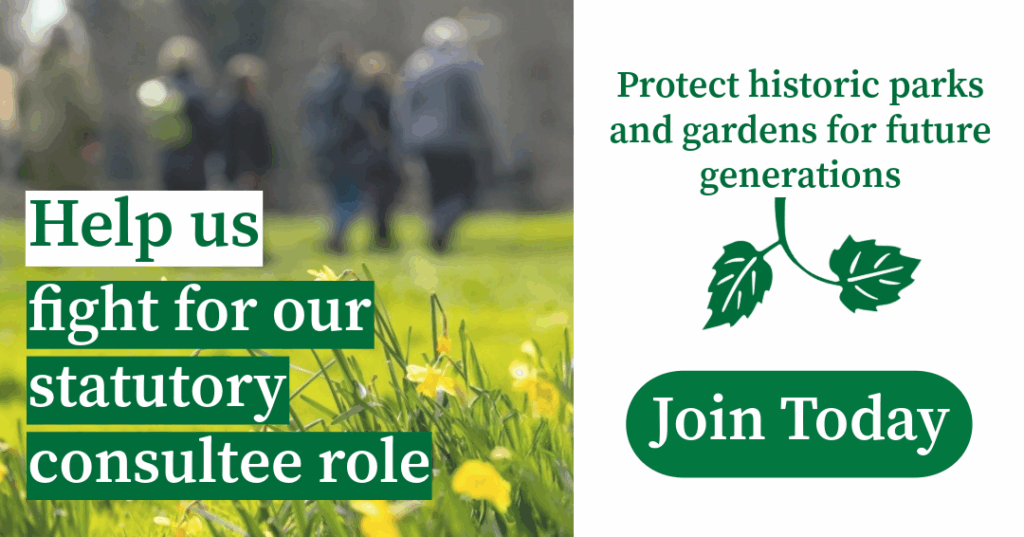The bloom that seduced a Queen, and dazzled one of the most sophisticated royal courts in history with its heady exotic scent, delicate fringed petals and striking colours, is an essential component in the scheme to recreate the Elizabethan garden at Kenilworth Castle. A search is on to find carnation varieties that could have been grown by gardeners in the 16th century; thus an appeal to gardeners to find them.
It is easy to spot the true form as they have some striking characteristics; predominantly a spicy, exotic scent which, according to John Watkins “can be strong enough to make the eyes water”.
The 16th century garden was highly sensual, perfume was an essential part of the garden experience and the clove-scented carnation was an important ingredient, crucial in the heady summer cocktail of strawberries, roses, stocks, peonies and pinks. Dianthus caryophyllus grows wild in the mountains of Morocco and Southern Spain, it was cultivated and developed in Islamic gardens from the 15th century, finding its way to Istanbul, then to the West via Italian gardens, reaching England by the early 16th century. By 1600 around 60 varieties of carnation were recorded by Parkinson.
Two varieties have been sourced for Kenilworth so far thanks to the combined efforts of specialist nurseries such as Allwoods Nursery in Sussex and Southview Nurseries in Hampshire. Surprise finds emerging include one on the castle wall at Sherbourne and wild seed at the Royal Botanic Gardens, Edinburgh, collected from the Atlas Mountains in Morocco.
John Watkins reports that EH have now found four collections of historic varieties, including one which dates back at least two generations taking it back to before the last war, one gardener having maintained her fathers’ collection going through the laborious process of taking cuttings, bringing them on and keeping the stock healthy.
EH is also working with Whichford Pottery to recreate special carnation pots, based on a 16th century engraving.
If you have a carnation, or pink, you think EH ought to know about, phone: 0870 333 1181 or email: customers@english-heritage.org.uk, ideally with a picture or a detailed description. Further information is available here.



